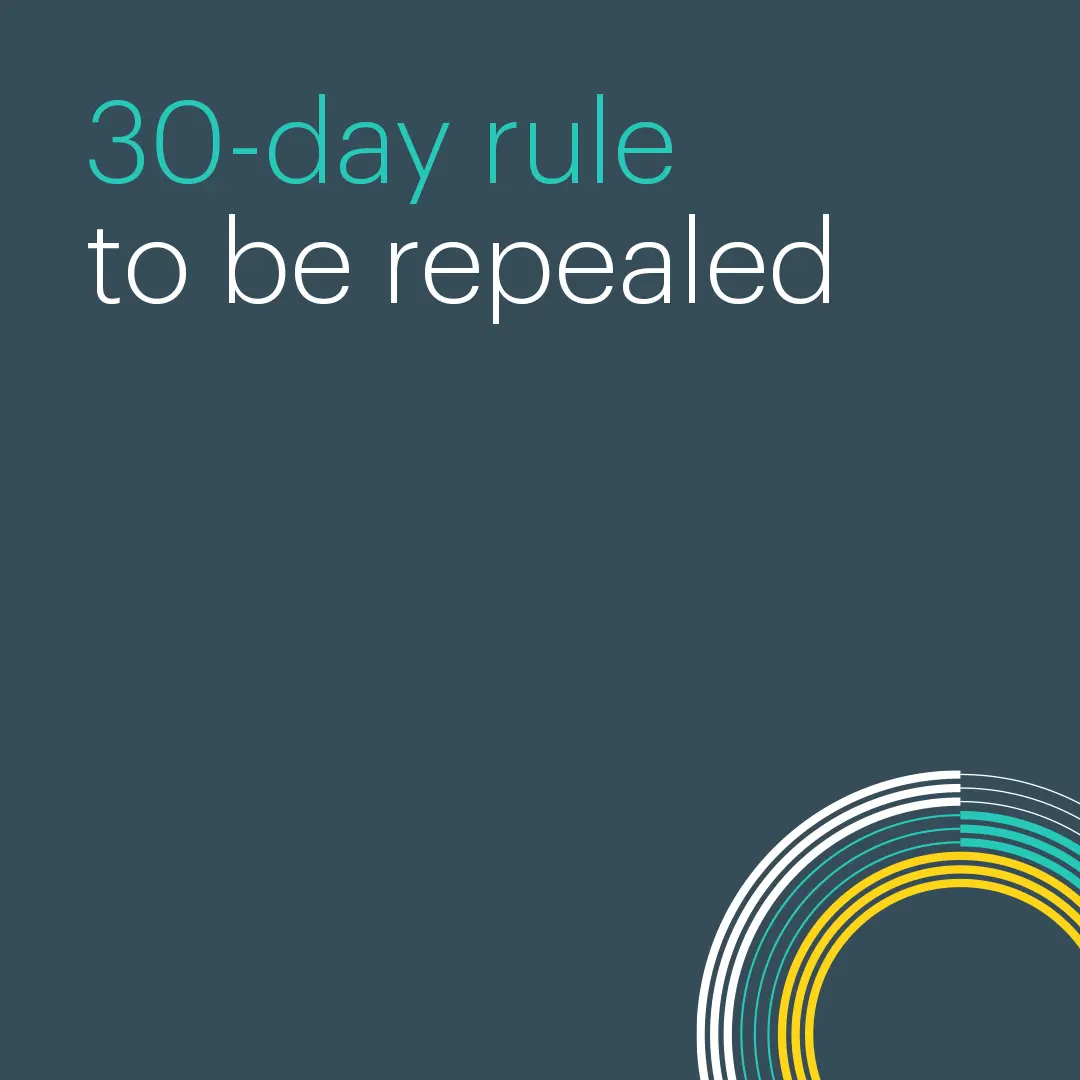The Coalition Government has today announced changes to employment regulations relating to collective agreements, to be included in the Employment Relations Amendment Bill due to be introduced this year. Here, we summarise the changes and assesses what the impacts may be for employers and employees.
—
The rules relating to employers’ obligations to new employees around collective agreements are due to change, following the Coalition Government’s announcement regarding the proposed repeal of the 30-day rule, which applied the terms of any existing collective agreement to new employees.
Intended to simplify processes, align to contemporary privacy expectations, and reduce administration, this, along with other proposed changes, may impact on may impact on union membership and the uptake of collective agreements by new employees.
Repeal of the 30-day rule
Repeal of the 30-day rule, introduced by the previous government, is a key element of the proposed changes. The repeal would allow employees and employers to negotiate personalised terms from day 1 of employment, rather than adhering to collective agreement terms for the first 30 days. The Coalition Government’s view is that this change will allow for greater flexibility and individual choice.
Some employers may continue to offer the terms of the Collective Agreement to all new employees to create standardisation of terms and conditions across their workforce while enabling the opportunity for direct negotiation with non-union individual employees. For example, bargaining flat hourly rates inclusive of allowances and in lieu of overtime and penal rates.
Removal of the Active Choice Form
The mandatory use of the Active Choice Form, which has caused confusion for both employees and employers, is proposed to be removed. Many employees misunderstood the form, believing it equated to union membership simply by indicating intent to join. For some employers, it added administrative complexity without clear benefits. The automatic sharing of employees’ personal information with unions unless opted out was also seen by some as problematic under modern privacy expectations. The Coalition Government’s intention of removing the form is to streamline the onboarding process while respecting employee privacy.
Reduced union information requirements
Employers will still be required to inform new employees about their ability to join a union, provide union contact details, and clarify that union membership binds employees to the collective agreement. This is intended to ensures employees can make informed decisions while removing a mandatory process.
Additional changes
With the removal of the 30-day rule, there is the ability for the 90 day trial period to be expanded to employees employed on individual terms, even if their role falls within coverage of a collective agreement. Some employers will welcome the opportunity for some of their recruitment needs. Employers who have collective agreements can expect some negotiating push back from Unions on this change.
The Employment Relations Amendment Bill introduces these reforms with the Coalition Government’s view of creating a balanced approach to personal freedom, workplace efficiency, and privacy protections. Expected to take effect by late 2025, these changes represent the Government’s view of a move toward clearer and more effective employment practices.
If you would like specific advice around how these proposed changes may impact your business, please get in touch with our team.





